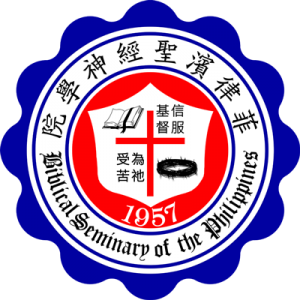A new history of early Christianity / Charles Freeman.
Publication details: New Haven : Yale University Press, c2009.Description: xvi, 377 p., [16] p. of plates : ill., facsims, maps ; 25 cmISBN:- 9780300125818 (ci : alk. paper)
- 030012581X (ci : alk. paper)
- 9780300170832 (pbk.)
- 0300170831 (pbk.)
| Item type | Current library | Shelving location | Call number | Status | Date due | Barcode | |
|---|---|---|---|---|---|---|---|
 Books
Books
|
BSOP Library | GC | BR162.3 F87n 2009 (Browse shelf(Opens below)) | Available | 00047485 |
Includes bibliographical references and index.
Part one: Beginnings. A trial ; The seedbed : Judaism in the first century AD ; Jesus before the Gospels ; Breaking away : the first Christianities ; What did Paul achieve? ; The letter to the Hebrews ; Fifty years on : the Gospel writers reflect on Jesus ; John and the Jerusalem Christians ; Creating a New Testament ; No second coming : the search for stability -- Part two: Becoming Christian. Toeholds in a wider empire ; Open borders : the overlapping worlds of Christians and Jews ; Was there a gnostic challenge? ; The idea of a church ; To compromise or reject : confronting the material world -- Interlude one: the earliest Christian art -- Celsus confronts the Christians -- The challenge of Greek philosophy -- Origen and early Christian scholarship -- New beginnings : the emergence of a Latin Christianity -- Victims or volunteers : Christian martyrs -- The spread of Christian communities -- Part three: The imperial church. The motives of Constantine ; Debating the nature of God ; The stifling of Christian diversity ; The assault on paganism ; 'No one is honoured before him' : the rise of the bishop -- Interlude two: the art of imperial Christianity -- An obsession with the flesh -- The end of optimism : Augustine and the consequences of sin -- Divine but human -- The closing of the schools -- A fragile church : Christianity and the collapse of the western empire -- Faith, certainty, and the unknown God.
The relevance of Christianity is as hotly contested today as it has ever been. A New History of Early Christianity shows how our current debates are rooted in the many controversies surrounding the birth of the religion and the earliest attempts to resolve them. Charles Freemanʹs meticulous historical account of Christianity from its birth in Judaea in the first century A.D. to the emergence of Western and Eastern churches by A.D. 600 reveals that it was a distinctive, vibrant, and incredibly diverse movement brought into order at the cost of intellectual and spiritual vitality. Against the conventional narrative of the inevitable "triumph" of a single distinct Christianity, Freeman shows that there was a host of competing Christianities, many of which had as much claim to authenticity as those that eventually dominated. Looking with fresh eyes at the historical record, Freeman explores the ambiguities and contradictions that underlay Christian theology and the unavoidable compromises enforced in the name of doctrine. Tracing the astonishing transformation that the early Christian church underwent -- from sporadic niches of Christian communities surviving in the wake of a horrific crucifixion to sanctioned alliance with the state -- Charles Freeman shows how freedom of thought was curtailed by the development of the concept of faith. The imposition of "correct belief," religious uniformity, and an institutional framework that enforced orthodoxy were both consolidating and stifling. Uncovering the difficulties in establishing the Christian church, he examines its relationship with Judaism, Gnosticism, Greek philosophy and Greco-Roman society, and he offers dramatic new accounts of Paul, the resurrection, and the church fathers and emperors. -- Publisher description from http://yalepress.yale.edu (Oct. 3, 2011).


